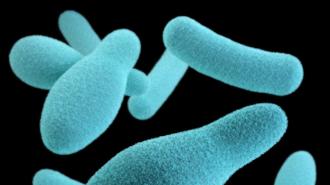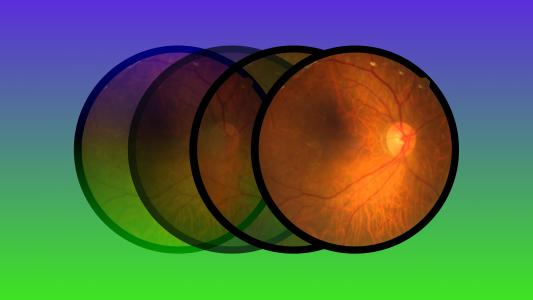Your gut hosts a massive population of more than 1,000 bacterial species, which outnumber the cells in your body by a factor of ten, and they contain at least 100 times more genes than are encoded by your own DNA. It is also home to many thousands of viral species, as well as archaea and fungi.
These microbes, collectively referred to as the gut microbiome, begin to colonize the gastrointestinal tract at birth. Research published over the last 20 years has implicated gut bacteria in numerous processes, ranging from brain development and immune system function to digestion and drug metabolism.
As well as playing vital roles in maintaining health, gut bacteria are also linked to a wide variety of chronic diseases, including asthma, diabetes, irritable bowel disease, and rheumatoid arthritis, as well as mental health disorders such as anxiety and depression. Research published in the journal Nature Microbiology now suggests that gut microbes contribute to anorexia nervosa.
Anorexia patients have different gut microbes
Anorexia is an eating disorder and mental health condition that affects about 1% of the population and is characterized by a distorted body image, reduced food consumption, and weight loss. It can be fatal, but there is as yet no effective treatment for it. The root causes of anorexia are still unknown, but a handful of studies show that it is correlated with a change in gut microbiome composition.
To investigate further, Oluf Pedersen of the University of Copenhagen and his colleagues used DNA sequencing to catalog the microbial genes present in fecal samples collected from 77 anorexic and 70 age-matched non-anorexic women. They also performed a comprehensive analysis of the metabolites present in blood samples taken from their study participants.
The analyses revealed that both the bacterial and the viral components of the gut microbiome were significantly altered in the women diagnosed with anorexia compared to the non-anorexics. Crucially, samples from the anorexic women were enriched in bacteria involved in the synthesis of serotonin and in the breakdown of dopamine and glutamate, three neurotransmitters with known effects on appetite and mood.
Blood samples from the anorexic group also had higher concentrations of metabolites that induce satiety and are associated with reduced food intake, compared to those from the non-anorexics.
An experiment in mice
The researchers also transplanted fecal samples from three anorexic and three non-anorexic participants into germ-free mice bred especially for microbiome research, and then put all the animals on a calorie-restricted diet for three weeks, to mimic the altered eating behavior characteristic of anorexia. The mice that received stool transplants from the anorexic participants lost more weight than the recipients of healthy stool transplants, and they also gained weight more slowly when taken off the diet.
The findings further substantiate the notion that disrupted gut microbe composition may contribute to the development of anorexia, and one aspect points to several interventions that may be worth testing. For example, fecal samples from the anorexic participants were enriched in viruses that infect Lactococcus bacteria, which are involved in food fermentation. Thus, perhaps a diet rich in fermented foods or Lactococcus-enriched probiotics could be beneficial for adolescents suffering from anorexia.
This excerpt was reprinted with permission of Big Think, where it was originally published.






